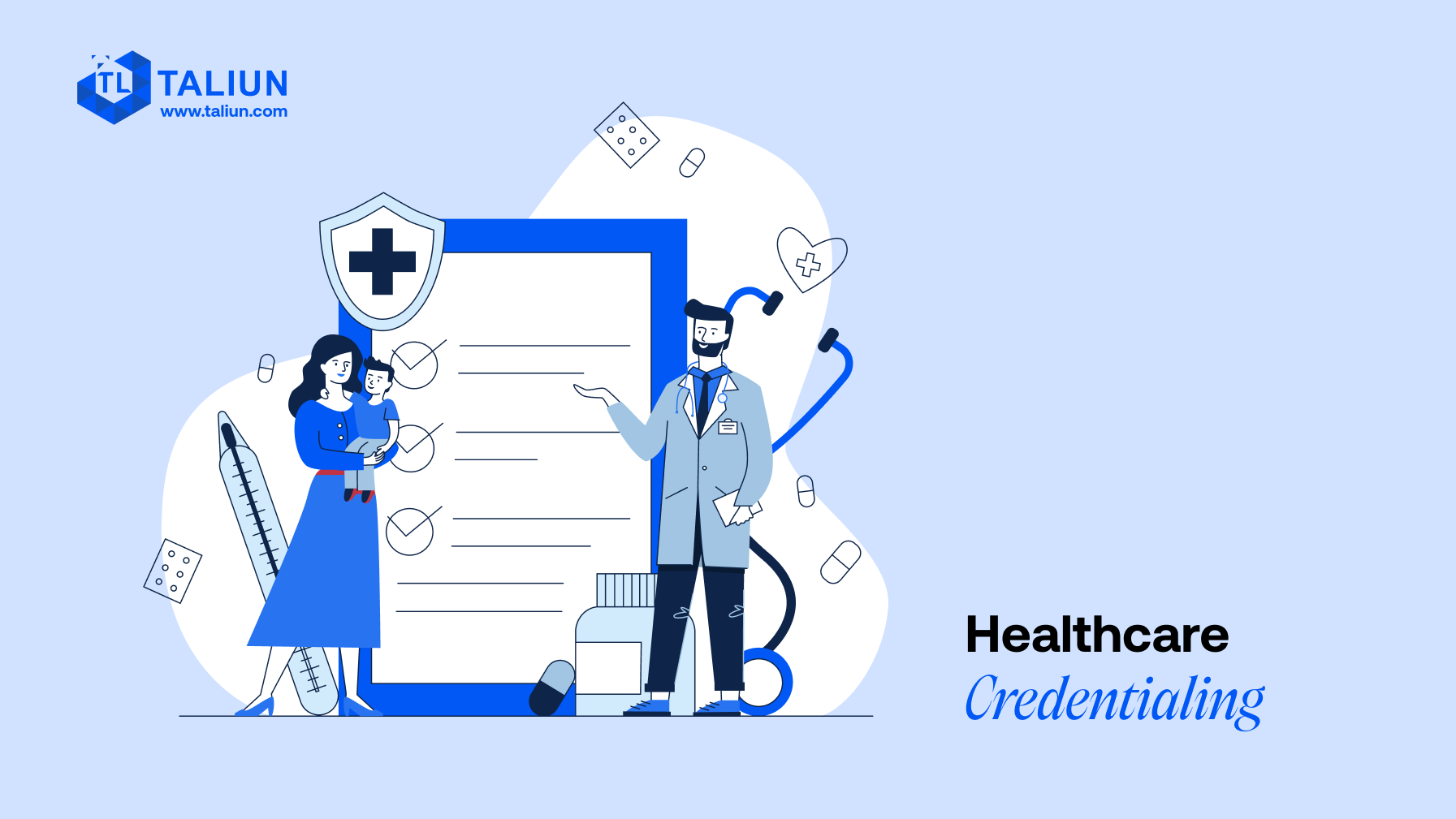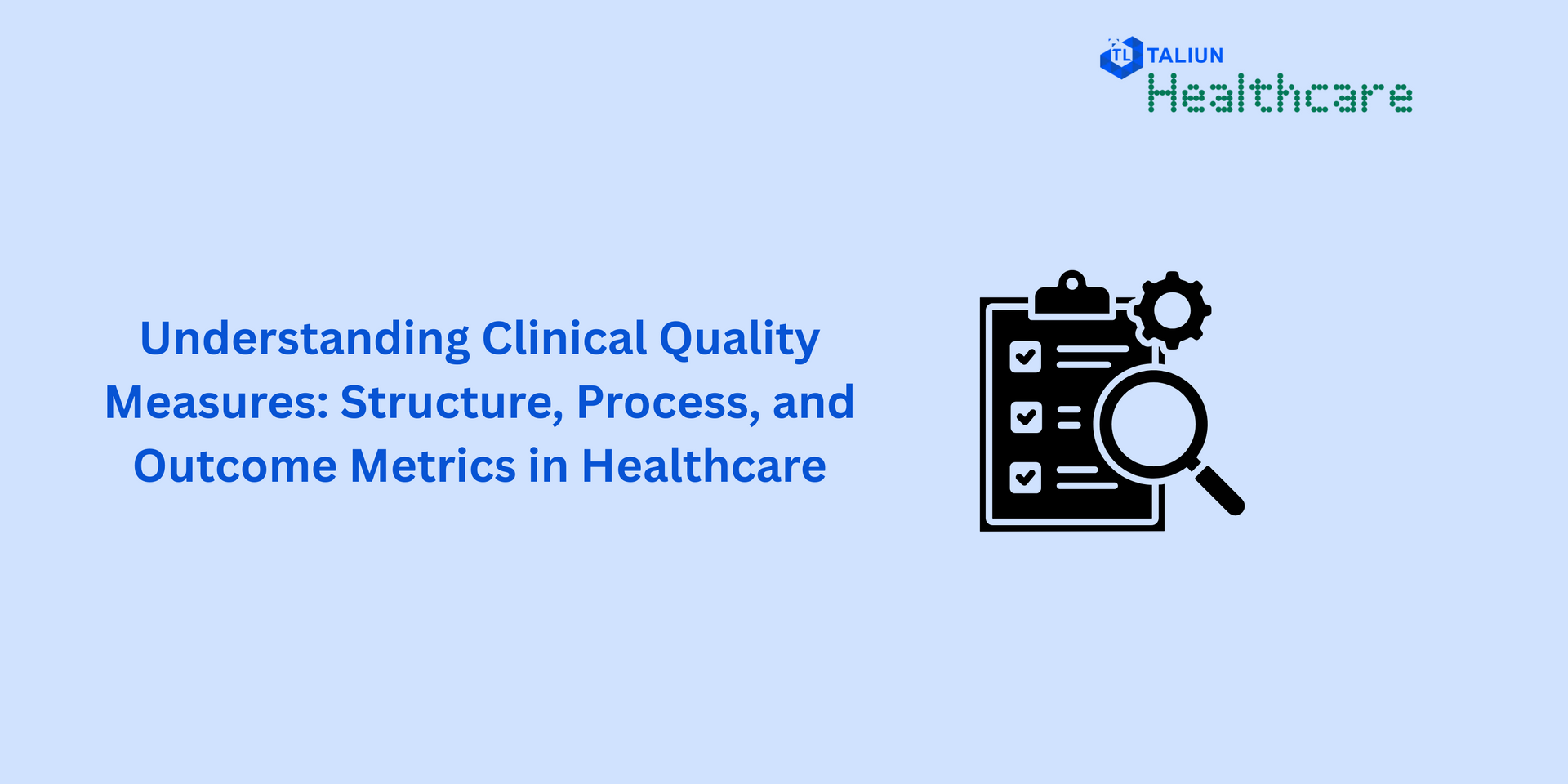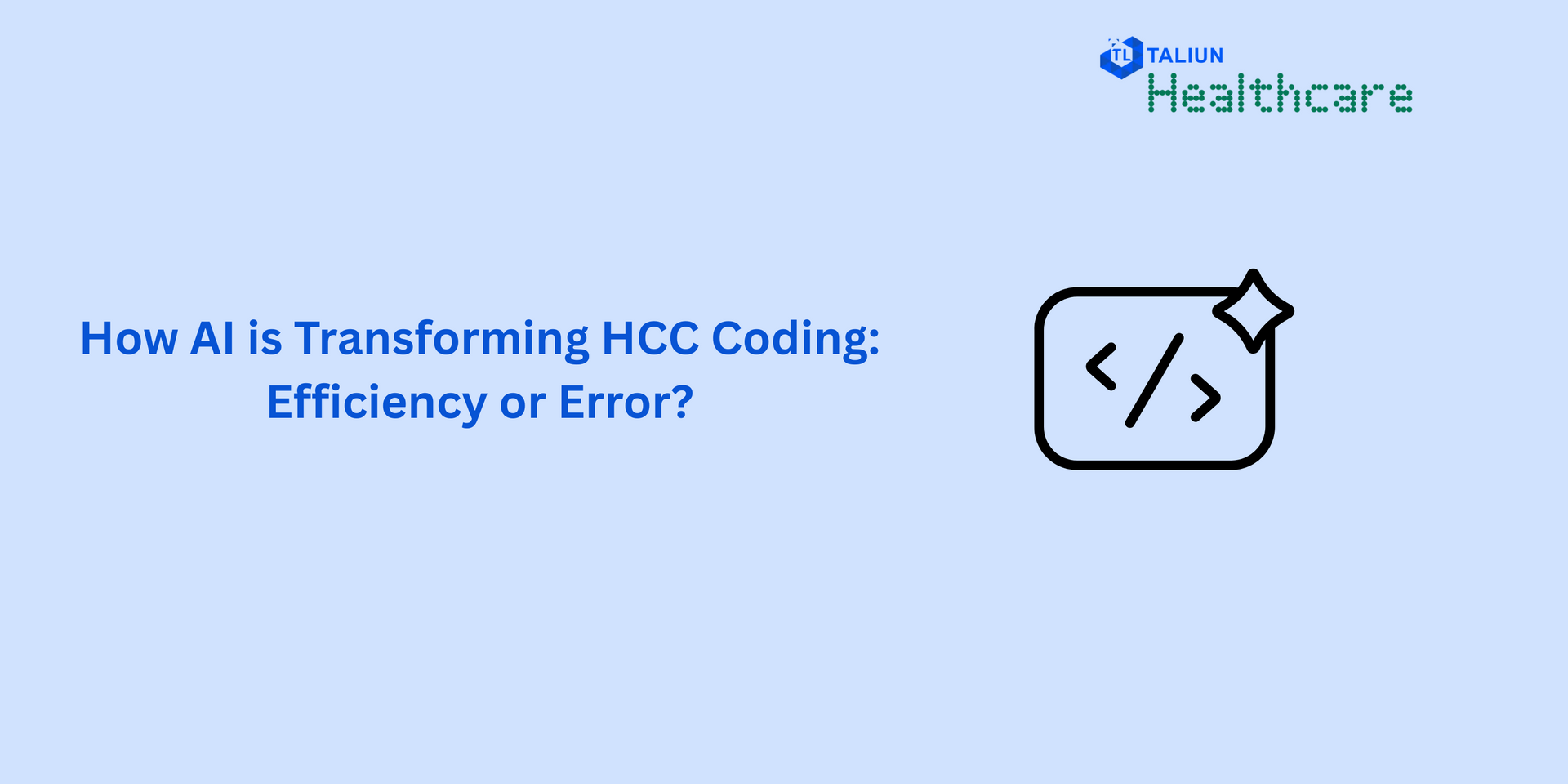Comprehensive Guide to Healthcare Credentialing

The significance of healthcare credentialing cannot be overstated, as the reputation of medical institutions and the health of patients rely significantly on it.
Credentialing involves verifying the qualifications of licensed medical professionals, assessing their backgrounds, and validating their legitimacy. It is a formal process that grants designations, such as licenses or certificates, by evaluating an individual's knowledge, skills, or performance levels.
What Is Healthcare Credentialing?
Credentialing involves verifying the qualifications and legitimacy of licensed medical professionals by evaluating their background, skills, and competence. This formal process grants designations like certificates or licenses, assessing an individual's knowledge and performance level.
Within the healthcare industry, credentialing is defined as a formalized procedure adhering to specific guidelines to ensure optimal patient care delivered by healthcare professionals who have undergone rigorous scrutiny regarding their ability to practice medicine. This process may encompass granting and reviewing clinical privileges for allied health staff members.
There are four common types of credentialing:
Medical/insurance credentialing
Personnel credentialing
Political credentialing
Paper credentialing.
Among these, medical/insurance credentialing falls under the healthcare credentialing process, often referred to as medical, physician, or doctor credentialing. While commonly associated with verifying and authorizing physicians, practice management systems are similarly utilized for nurses and other healthcare providers.
Why Is Credentialing Important in Healthcare?
Enhancing patients' confidence in providers is crucial
Within the healthcare system, the cornerstone is the trust established between healthcare professionals and patients. Without this trust, the entire framework within this field falters.
This bond of trust fosters a secure environment where patients feel comfortable sharing their health concerns and perceptions, enabling them to seek improved care. Patients often rely on their chosen doctor with unwavering faith, and without thorough credentialing, this trust could be compromised.
Prevention of financial losses
Collaboration with insurance companies is essential for medical institutions. To qualify for reimbursements, physicians and healthcare professionals must furnish a comprehensive verification list.
It reduces medical errors
Neglecting proper credentialing of healthcare professionals can lead to insurance carriers withholding reimbursements for services billed by these professionals, thereby causing financial setbacks.
Enhanced physician credentialing significantly reduces the occurrence of medical errors attributable to healthcare professionals' incompetency. This plays a pivotal role in preserving patient lives, safeguarding the reputation and financial stability of healthcare organizations.
Maintaining physician fitness
Routine credentialing and re-credentialing procedures ensure that healthcare institutions retain suitably qualified physicians. Given the need for updated knowledge and preparedness for emergencies such as pandemics, regular verification of their capabilities and adaptability to evolving trends is imperative.
Protection against legal implications
In numerous U.S. states, legal statutes mandate credentialing on official documents like prescriptions and medical records. These laws also encompass professional engagements such as speeches, legal testimonies, and research publications. Failing to conduct proper credentialing may lead hospitals to inadvertently violate legal regulations.
Compliance and adherence to the law
Credentialing serves as a mechanism for healthcare organizations to strictly adhere to legal requirements, ensuring compliance with established laws and regulations.
Beyond these, credentialing offers additional benefits such as cost savings through electronic credentialing, its utility in provider and medical group recruitment processes, enhancement of healthcare practitioners' reputations, improvement in business practices, and a reduction in limitations on services provided by physicians.
Challenges of Healthcare Credentialing
Common challenges in healthcare/medical credentialing services encompass:
- Data entry errors
- Efficient timing and planning management
- Inaccurate information input
- Omissions of crucial details during data entry
- Improper documentation practices
In conclusion, healthcare credentialing has gained heightened significance due to the escalating instances of medical errors. Healthcare organizations continuously seek strategies to enhance patient safety, reduce expenses, and shield themselves from potential financial setbacks.
Thoroughly evaluating and validating the qualifications of healthcare professionals' aids organizations in mitigating liabilities, preventing financial losses, averting incompetent provider issues, ensuring compliance, and minimizing legal liabilities.
Explore Taliun's authorized and tailored services to fortify your practice legally and enhance your healthcare services collaboratively.




